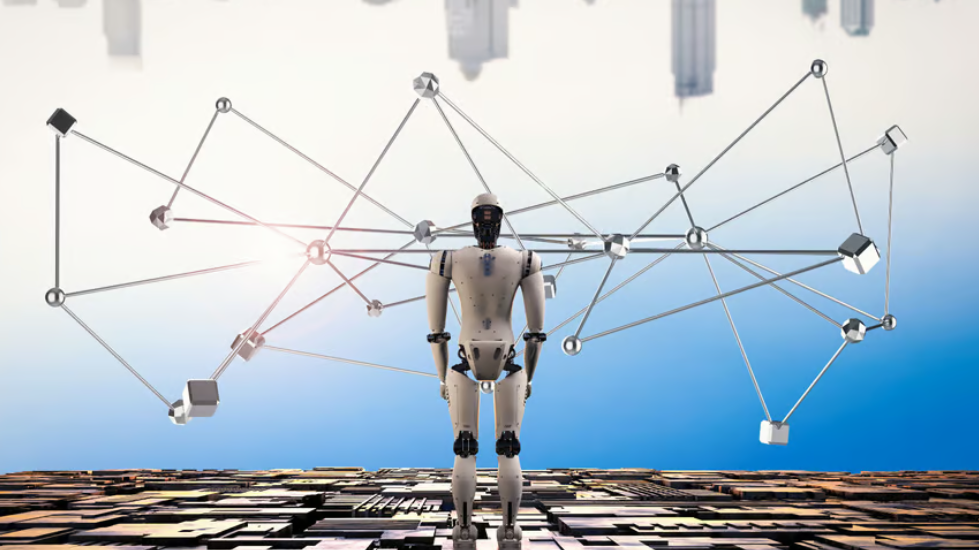Exploring the Evolution of Artificial Intelligence: A Comprehensive Overview
The evolution of artificial intelligence (AI) is a journey that has spanned decades, transforming from theoretical concepts to a technology that is now integral to our daily lives. This comprehensive overview will delve into the history, current state, and future prospects of AI, highlighting its transformative impact on society.
The Dawn of AI: Theoretical Foundations and Early Milestones
The story of AI begins in the 1950s, a time when the concept of machines thinking like humans was largely the stuff of science fiction. Pioneers like Alan Turing laid the groundwork with the Turing Test, a method to evaluate a machine’s ability to exhibit intelligent behavior equivalent to that of a human (1). The Dartmouth Conference in 1956 is often cited as the birthplace of AI as a field of study, where the term “artificial intelligence” was first coined (1).
From Expert Systems to Machine Learning: The Evolution of AI Technologies
The 1980s saw the rise of “expert systems,” AI programs that simulated the decision-making ability of a human expert (1). These systems were limited in scope but demonstrated the potential of AI in specialized domains.
Fast forward to the late 1990s and early 2000s, the advent of machine learning (ML) and deep learning (DL) marked a significant leap forward. ML algorithms began to learn from data, while DL, with its neural networks inspired by the human brain, enabled AI to perform tasks like image and speech recognition with remarkable accuracy (1).
AI in the Modern Era: Ubiquity and Integration
Today, AI is ubiquitous, touching everything from smart home devices to complex algorithms that power search engines and social media platforms. The development of AI applications in various fields such as healthcare, finance, and transportation has been remarkable (2). Natural language processing (NLP) and computer vision are now standard features in many AI systems, enabling them to understand and interact with the world in more human-like ways (2).
The Impact of AI: Societal and Ethical Considerations
AI’s impact on society is profound, with the potential to improve efficiency, enhance decision-making, and drive innovation. However, it also raises ethical concerns, particularly around privacy, bias, and the future of work. The rapid advancement of AI has led to discussions around the need for regulation and ethical frameworks to ensure its responsible development and use (51).
The Future of AI: Predictions and Aspirations
Looking ahead, AI is expected to become even more integrated into our lives. The development of generative AI, which can create new content like text and images, is a significant area of focus (50). Multimodal AI, which can process and understand multiple types of data, is poised to revolutionize how we interact with AI systems (50).
The future also holds the potential for AI to address global challenges, from climate change to healthcare. However, this comes with the caveat that we must navigate the ethical and societal implications carefully to ensure that AI serves as a force for good (55).
Conclusion
The evolution of AI is a testament to human ingenuity and our relentless pursuit of knowledge. As we stand on the cusp of a new era in AI development, it is crucial that we continue to foster innovation while also considering the broader implications for our society. The journey of AI from its theoretical origins to its current ubiquity is a story of human ambition, technological prowess, and the ongoing quest to create a future where intelligent machines are not just a dream, but a reality that enriches our lives in meaningful ways.
